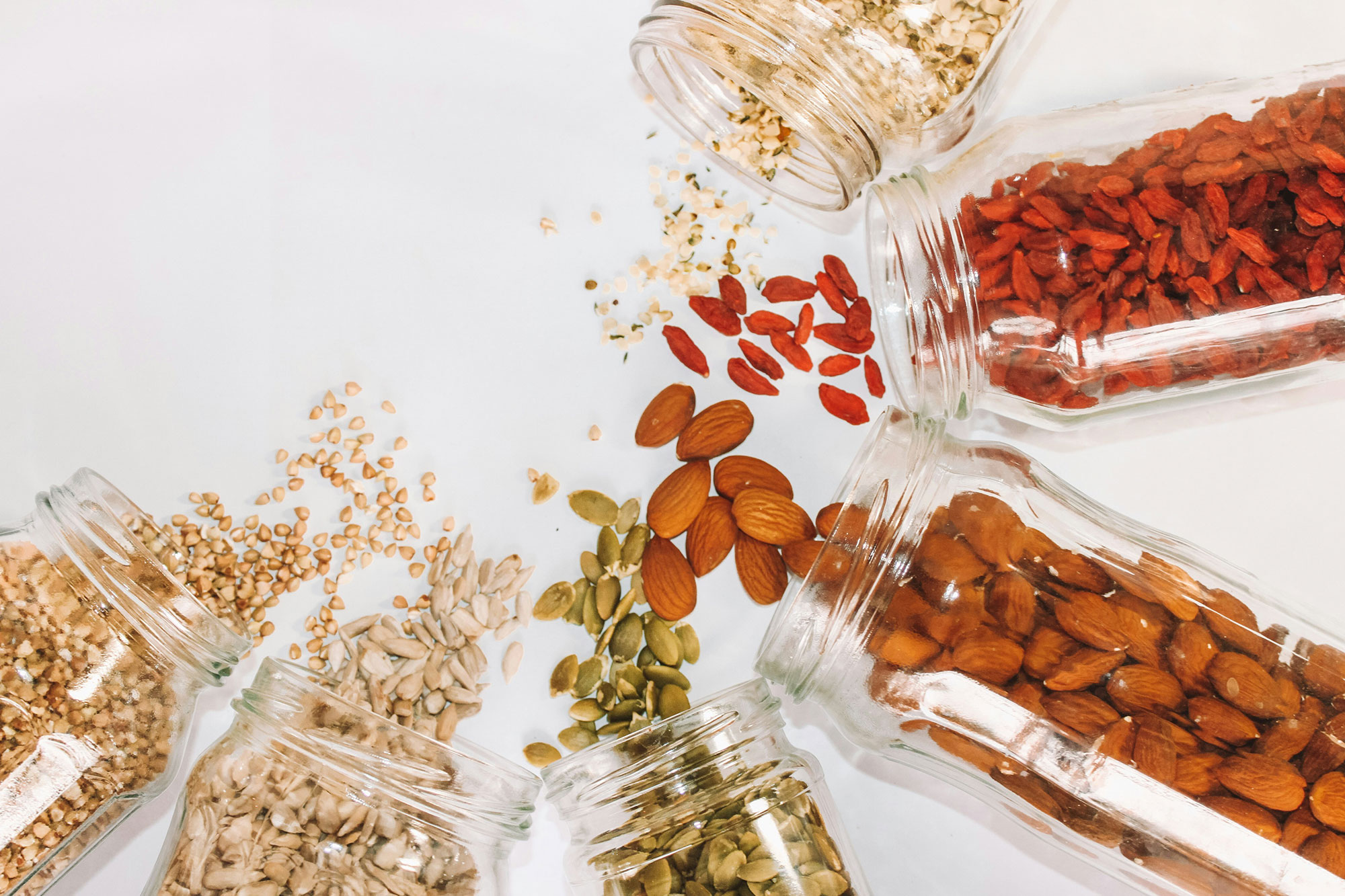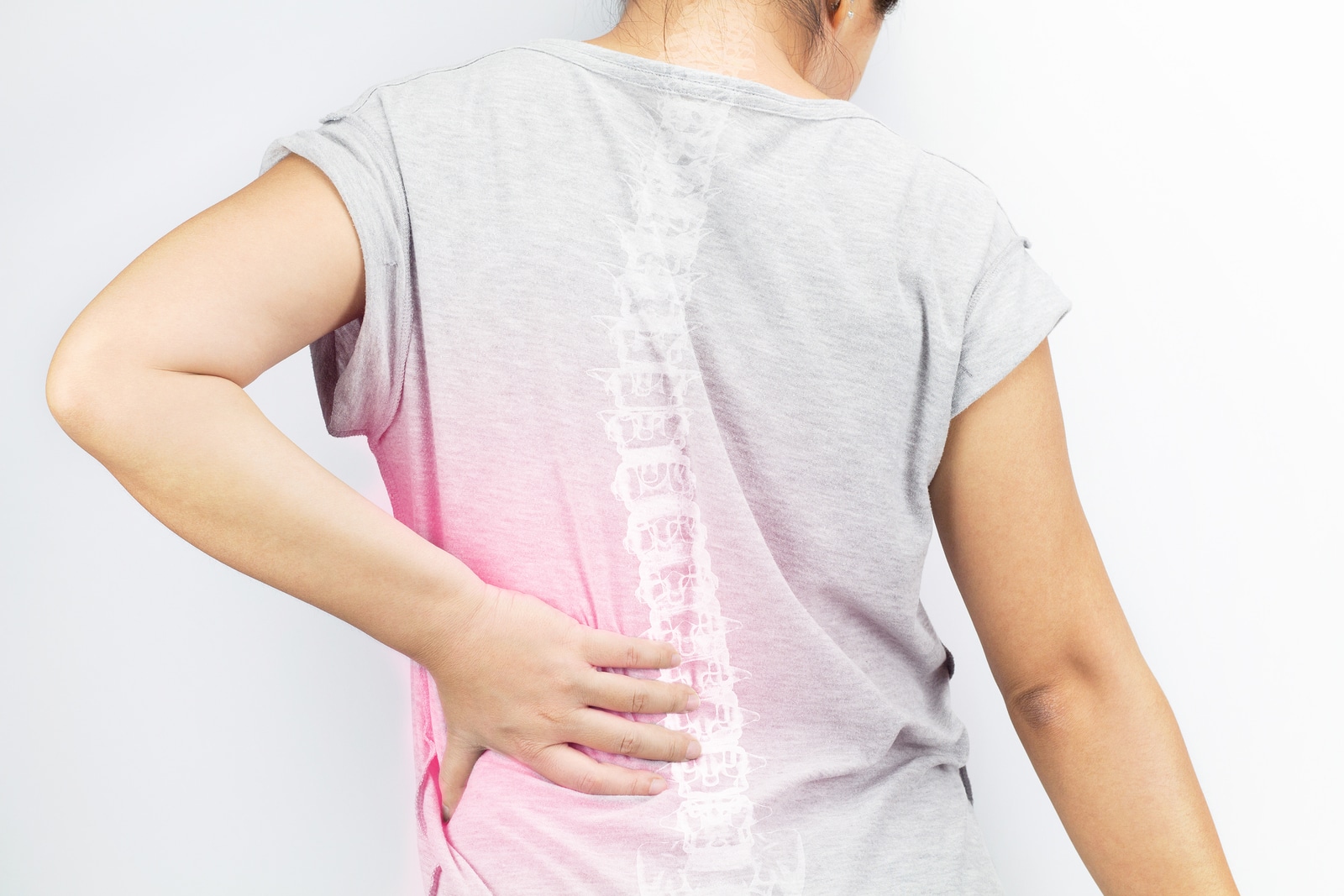Healing the Heartbreak of Psoriasis. Do you know someone who is experiencing the heartbreak of psoriasis? Psoriasis affects millions of people. Approximately 3% of the U.S. population has psoriasis and it is often referred to as a heartbreak. It is a heartbreak when someone’s skin is covered with itchy, scaly, silvery plaques and more. The disease can affect fingernails, toenails, the genitals, inside the mouth and the joints. It is painful and can be disfiguring and lead to depression as well as other maladies. Traditional treatment is the use of steroids and immunosuppressive drugs that can be harsh and expensive and do not get to the root cause. The functional medicine approach is to treat the underlying cause.
What is psoriasis?
Psoriasis is an autoimmune condition of the skin. The immune system of people with psoriasis overreacts, causing inflammation, which leads to new skin cells growing too fast. When skin cells grow and rise faster than normal, this causes a buildup on the surface that creates the appearance of scaling. However, it is much more than cosmetic. It can be very painful and disfiguring. It can be especially painful if it affects the genitals, mouth or joints and can cover the whole body. Psoriatic patients whose joints ache, their genitals burn, their nails break, or their face is covered suffer terribly and can become depressed, hence the term the heartbreak of psoriasis.
The “March of Psoriasis”
Like any autoimmune condition, people suffering from psoriasis, are more likely to have more than one autoimmune disorder. While there are hundreds of autoimmune disorders, psoriasis is associated with psoriatic arthritis, ulcerative colitis, Chron’s disease, autoimmune thyroiditis, lymphoma, and cardiovascular disease. Studies reveal it is an active source of many proinflammatory cytokines and chemokines that are chemical messengers activating an immune inflammatory response and are likely to be involved in developing the other inflammatory conditions.
There is a link between psoriasis and cardiovascular disease and metabolic syndrome known as “inflammatory skin march”, “psoriatic march” or “march of psoriasis”. Widespread inflammation may cause insulin resistance, which in turn triggers cells lining the blood vessels to not function properly that leads to atherosclerosis and finally heart attack or stroke. Psoriasis also increases the risk of diabetes, obesity, and high cholesterol. Inflammation is the leading cause of many chronic conditions, hence combating inflammation is a root cause approach to taming the march of psoriasis and the development of other inflammatory conditions.
Triggers that Activate Inflammation and Psoriasis
Approximately one-third of patients with psoriasis have a first-degree relative with the condition. While genetics may determine which you can potentially develop psoriasis, the genes must be turned on by triggers such as stressful physiologic and psychological events and environmental factors.
In Functional Medicine, we use the acronym STAIN to define triggers which are the root cause of most chronic illnesses. Removing the triggers allows for healing. These are:
- Stress
- Trauma or Toxins
- Antigens or Adverse Food Reactions
- Inflammation or Infections
- Nutrition
These triggers are associated with the onset and worsening of the condition. Common triggers are diet, lifestyle, stressors, infections, toxins, and hormone imbalances that activate an out-of-control immune response. Controlling inflammation and triggers is the heart of prevention and treatment of autoimmune conditions.
Let’s break down what you can do to turn off the triggers and allow your body to heal
Stress
Stress can be physical, mental, toxins, hormonal, infectious as well as mental stress. Correcting the physiologic stressors and adding relaxation techniques can calm the inflammatory response. Psoriatic patients report worsening of symptoms with stress.
- Practicing relaxing techniques such as deep belly breathing, yoga, tai chi, prayer, meditation, visualization, Heartmath and having massages, acupuncture or biofeedback can relieve stress. Exercise is also a good stress reliever. Exercise can release endorphins that reduce pain perception.
Toxins or Trauma
It is well known that trauma can induce the development of psoriatic plaques. Knees and elbows are often affected due to bumping into things. Toxins such as smoking, and alcohol have been shown to increase the risk and severity. Obesity may also play a role in worsening symptoms because toxins are stored in fat and fat emits inflammatory cytokines.
- Maintaining ideal weight, abstaining from smoking and alcohol consumption, and doing your best to avoid trauma may allow your body to heal. Detoxifying the liver and testing for and removing heavy metals found in our food and water can decrease the inflammatory response.
Antigens or Adverse Food Reactions
Furthermore, huge part of your immune system is in your gut. Food is a major factor that can modulate the gut microbiome which is the composition of gut bacteria that can have a positive or negative effect on the immune response. A diet rich in sugar and fat leads to an imbalance in the gut’s bacteria known as dysbiosis. These harmful bacteria may contribute to inflammatory skin diseases such as psoriasis. Allergens or reactions to food can cause increased intestinal permeability otherwise known as “leaky gut.” The most common triggers tend to be wheat and dairy.
- Trying a detoxification and elimination diet can uncover foods your body is reacting to that trigger inflammation and an immune response. Removing food, you are sensitive to is key to calm down the immune system. It is best to eat whole mostly organic foods, avoid sugar, wheat, dairy, processed foods, and toxins and to take a probiotic to replenish the gut healthy bacteria.
Inflammation or Infection
Fats can be inflammatory or anti-inflammatory. Fats that are solid at room temperature such as meat, dairy, saturated fats and hydrogenated oils contain a lot of Omega 6 fats that can cause inflammation. Omega 3 fats are anti-inflammatory and are found mostly in fish, avocado, nuts, seeds, olives, and any of their oils. Creating the right balance is key. The gut is often the source of hidden infections.
- Looking for and eradicating hidden infections as well as decreasing inflammation with a high-quality fish oil, curcumin, probiotics and a whole foods diet free of food sensitivities will reduce inflammation that is the root cause of most chronic illness.
Nutrition
Studies show that having adequate amounts of Vitamins A, D, fish oil and Zinc are important for a maintaining a healthy gut. There has been consistent evidence supporting the efficacy of fish oil supplementation in patients with psoriasis. A review of studies showed that topical vitamin D products were superior to placebo and had similar effects to topical corticosteroids.
- Supplementing with Vitamins A, D, fish oil, zinc and probiotics can enhance gut health and a healthy immune response.
I have seen many patients recover from psoriasis with these simple solutions. Psoriasis is a multifaceted complex illness that may require a deeper look at the triggers. A functional medicine physician can provide you with a systematic approach to uncover and remove the triggers that lead to the heartbreak of psoriasis. Seek help if you need it.






She is a recognized and award-winning holistic, functional, integrative and anti-aging healthcare practitioner, speaker and author, and has been featured in ABC News, Forbes, WOR Radio and many media outlets to spread the word that you can live younger and healthier at any age.